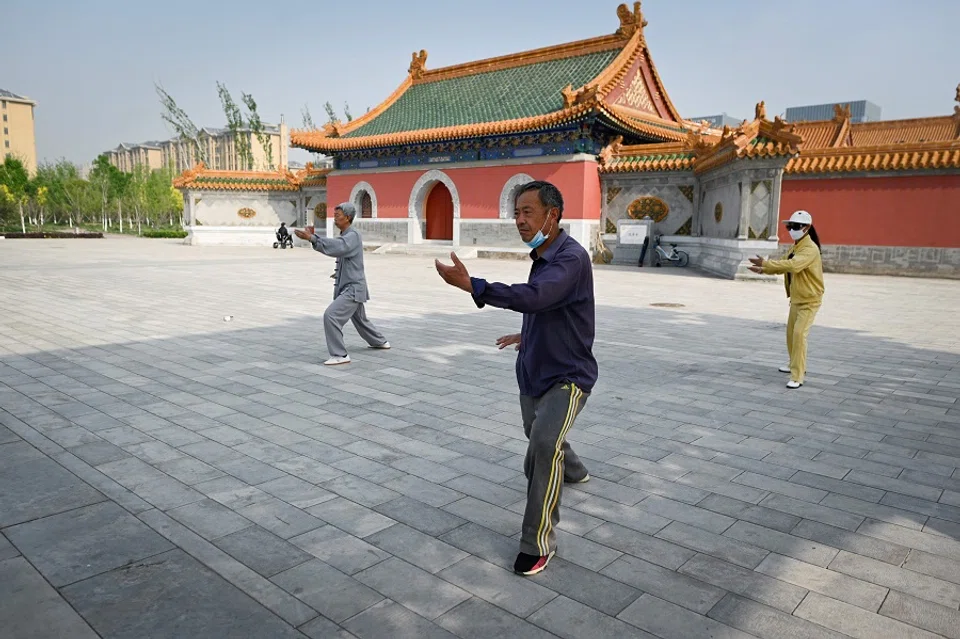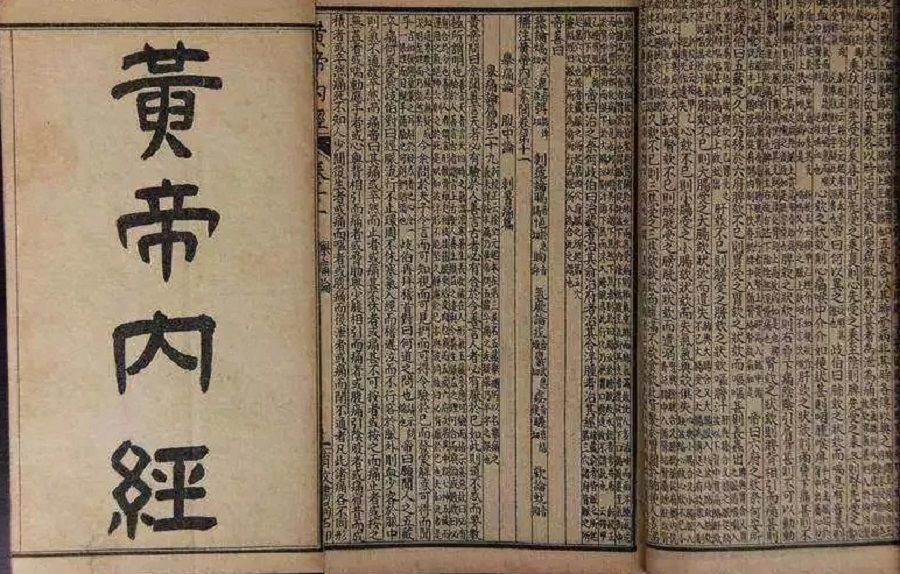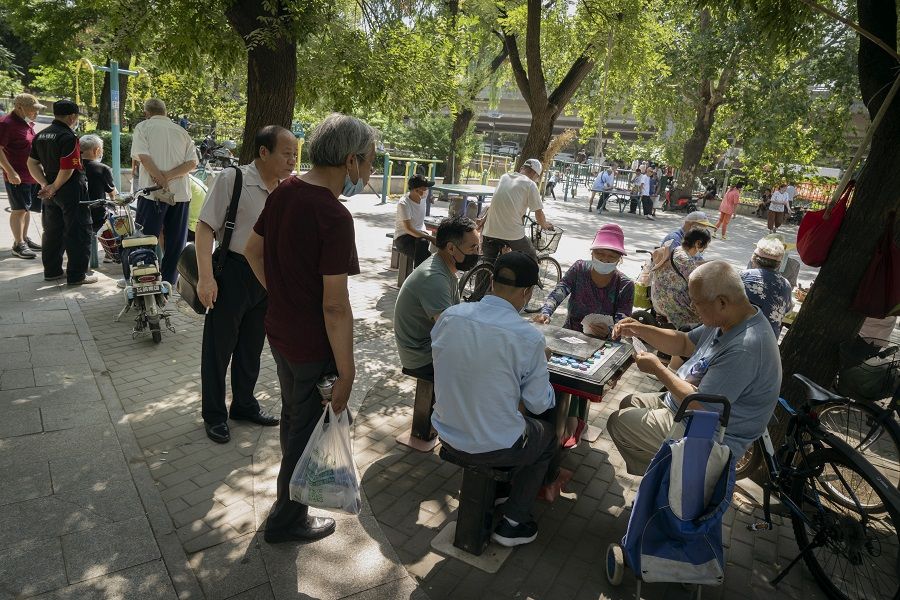The TCM way to staying healthy amid the pandemic

Dr Tedros Adhanom Ghebreyesus, director-general of the World Health Organization (WHO), said in a virtual press conference on 7 July that the coronavirus has infected more than 11 million people around the world and taken away over half a million lives as of early July 2020. He added that the outbreak is accelerating and we have clearly not yet reached the peak of the pandemic. In light of that assessment and in the absence of treatment drugs or a vaccine, people have to strengthen themselves to withstand a prolonged period of the outbreak in the coming months.
Epidemics or global pandemics are not uncommon in human history and there is a body of accumulated knowledge and experience that could be useful for tackling the current outbreak. As documented in medical literature, Chinese people have battled many pestilent outbreaks over their thousands of years of history using traditional Chinese medicine (TCM). Those principles and practices have largely remained intact and were used again in China during this pandemic with good results. So in this current situation where modern medicine is still searching for solutions, it is worthwhile to look for clues within TCM for treating and surviving the disease.
When both exterior and interior harmonisations are achieved, then energy flow, blood and fluid circulation, endocrine secretion, organ and visceral systems will all function efficiently; the body will achieve an optimal level of yin-yang balance with a strong capability to withstand pathogenic attacks.
In perfect harmony
According to the TCM Classic Yellow Emperor's Canon of Internal Medicine (《黄帝内经》, Huangdi Neijing) compiled about two thousand years ago, man is part of nature and therefore should live according to the laws of nature for good health and longevity. This is the fundamental philosophy of "man-nature harmonisation" (天人合一), where people live harmoniously with all environmental elements affecting human life. These include exterior physical and social conditions, as well as the body's interior organs and visceral systems. When both exterior and interior harmonisations are achieved, then energy flow, blood and fluid circulation, endocrine secretion, organ and visceral systems will all function efficiently; the body will achieve an optimal level of yin-yang balance with a strong capability to withstand pathogenic attacks.

Based on the harmonisation and balance principles, TCM further established the ideas of "vital qi" and "evil qi" as two generic factors contributing to health and illness. The former refers to the body's overall strength and ability to adapt to environmental stresses, perform metabolic functions, resist pathogenic attacks and recuperate from illness. The latter refers to pathogenic factors including adverse physical and social environmental elements like stress, microbes and pestilence. When vital qi surpasses evil qi, a person will have strong immunity and not succumb easily to diseases, and vice versa. In addition, Huangdi Neijing documents the overarching concept of "strengthening vital qi and eliminating evil qi" (扶正祛邪), as dual factors in combating disease. The objective of healthcare is to achieve a desirable state where "no pathogenic attacks could succeed when there is adequate vital qi within the body" (正气内存,邪不可干).
In order not to turn these elements into evil qi, people should adopt appropriate living styles that suit their location and weather, be environmentally friendly towards the ecosystem and adopt routines in line with related physical conditions.
In order to achieve this desirable state, one could address evil qi by first identifying all interior and exterior environmental factors that are detrimental to the body. In this regard, geographic location, weather conditions, ecosystems and other living species including microbes comprise the exterior physical environment. People in the family, community and workplaces with different behaviour and relationships make up the social environment. These emotional factors constantly interact with the human body and affect metabolism and yin-yang balance of the body system.
Draw in good vibes from external elements
In order to cultivate vital qi, one has to eliminate evil qi by mitigating all pathogenic factors in the physical and social environments. In the case of Covid-19, the microbes in the physical environment have already been identified as the coronavirus. In the absence of any effective way to eliminate it, the best approach is to evade the virus. This can be done by following the precautionary guidelines provided by health authorities such as observing personal hygiene, social distancing, wearing masks etc. A similar adaptive approach can be applied to the other physical environmental factors such as geographic location, weather conditions and the surrounding ecosystem. In order not to turn these elements into evil qi, people should adopt appropriate living styles that suit their location and weather, be environmentally friendly towards the ecosystem and adopt routines in line with related physical conditions.
When these emotions go over the normal threshold, they become harmful pathogenic factors that can upset the normal flow of energy within the body, hinder the normal metabolic functioning of visceral systems, and upset the harmonisation of the body's interior environment.

Achieve balance within the body
Besides the physical environment, management of mental and emotional stresses arising from the social environment is equally important for strengthening vital qi. In Huangdi Neijing, human emotions are categorised into five types - joy, worry, sadness, fear and anger. These emotions are matched with the five visceral systems in TCM for the purpose of diagnosis and treatment. When these emotions go over the normal threshold, they become harmful pathogenic factors that can upset the normal flow of energy within the body, hinder the normal metabolic functioning of visceral systems, and upset the harmonisation of the body's interior environment. Modern studies have also shown that different emotions will trigger the release of different hormones such as endorphins, adrenaline and cortisol which will affect the body in different ways.
In a study on the correlation between relationships, happiness and health, a group of Harvard researchers tracked the life of 724 men over 80 years. They obtained an important finding that "good relationships keep a person happier and healthier". The above examples clearly demonstrate that managing mental stress by cultivating good relationships is very important in cultivating vital qi and enhancing the body's immunity.
Due to the increasing complexity and diversity of our environments, cultivating good interpersonal relationships is becoming a challenge for many people. In this regard, one could adopt the basic principle of treating others the way you would treat yourself to avoid creating conflicts and bringing harm. An idiom from Confucian analects states that "Don't do to others what you don't want for yourself" (己所不欲,勿施于人). The Golden Rule in the Bible also says "Do to others as you would have them do to you". When people treat others with compassion and thoughtfulness, good interpersonal relationships will result accordingly.
It implies that one should always recognise the biological degeneration of the body and avoid overexertion or abuse in order to maintain its vital qi.

Other than stresses from the exterior physical and social environments, the conditions of the interior body system can also be adversely affected by hereditary factors, wear and tear, and ageing. These are natural deteriorations that contribute to the inevitable degeneration of the body systems. They should be observed as part of nature when managing our daily activities. It implies that one should always recognise the biological degeneration of the body and avoid overexertion or abuse in order to maintain its vital qi.
In summary, the general principle for tackling infectious diseases in TCM is to "strengthen vital qi and eliminate evil qi". Since there is no specific treatment drug or vaccine to eliminate or treat Covid-19, our best strategy is to evade the virus, live naturally according to the limitations imposed by our own body, as well as the physical and social conditions surrounding us. By adopting the philosophy of man-nature harmonisation, these measures could build up the vital qi while achieving the state of yin-yang balance. The resulting immunity in the body and resistance to virus infection would have far-reaching effects in the long battle with the current and future pandemics.
Articles under the Health section are supported by OSIM.
